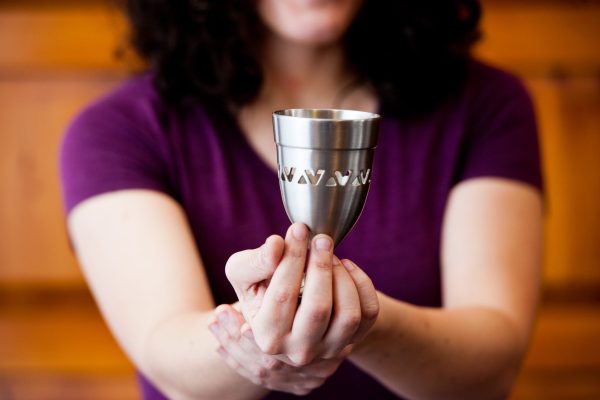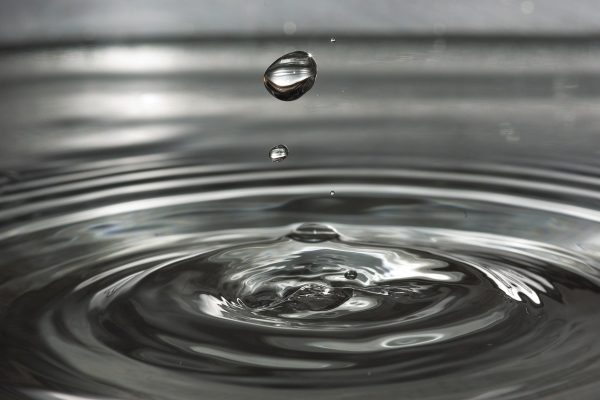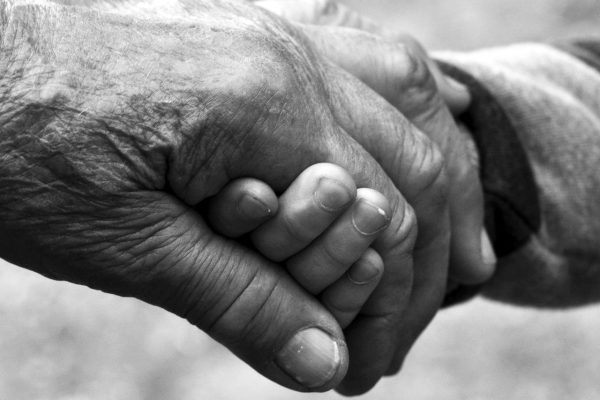When Israeli singer and songwriter Chava Alberstein wrote and recorded a modern version of Chad Gadya in 1989, the Israeli army was a presence in Lebanon, and the first Palestinian uprising had begun only months earlier. After opening with the traditional Aramaic lyrics, the words of the song turned to the relationship between oppressor and oppressed, with Alberstein stating: “What has changed [mah nishtana]?” – “I have changed this year.”
The song was quickly barred from broadcast on the government-controlled airways, but public pressure ultimately caused the ban to be lifted. Now it’s a fixture on the play lists during the pre-Pesakh period in Israel.
Juliet Spitzer has translated the Hebrew segments of Alberstein’s arrangement into English, retaining the traditional Aramaic, and recorded a version that successfully captures the spirit of the original. To hear the following, click here.
Chad Gadya
Our father went to market and bought a little goat
For two bits, for two bits
This is how the traditional story goes…
The cat came along and ate the kid
A small kid, a white kid that our father bought
Deezvan abba beetray zuzay
Chad gadya, chad gadya
V’atta chalba v’nashach l’shunra, d’achlah l’gadya
Deezvan abba beetray zuzay
Chad gadya, chad gadya
V’atta chutra, v’heeka l’chalba, d’nashach l’shunra, d’achlah l’gadya
Deezvan abba beetray zuzay
Chad gadya, chad gadya
V’atta maya v’chava l’nura, d’saraf l’chutra, d’heeka l’chalba, d’nashach l’shunra,
d’achlah l’gadya
Deezvan abba beetray zuzay
Chad gadya, chad gadya
V’atta ha-shochet v’shachat l’tora, d’shatah l’maya, d’chavah l’nura, d’saraf l’chutra, d’heeka l’chalba, d’nashach l’shunra, d’achlah l’gadya.
Deezvan abba beetray zuzay
Chad gadya, chad gadya
V’atta ha’Kadosh Baruch Hu, v’shachat l’malach ha-mavet, d’shachat l’shochet, d’shachat l’tora, d’shatah l’maya, d’chavah l’nura, d’saraf l’chutra, d’heeka l’chalba, d’nashach l’shunra, d’achlah l’gadya.
Deezvan abba beetray zuzay
Chad gadya, chad gadya
Why are you singing this traditional song?
It’s not yet spring and Passover’s not here.
And what has changed for you? What has changed?
I have changed this year.
On all other nights I ask the four questions, but tonight I have one more:
How long will the cycle last?
How long will the cycle of violence last?
The chased and the chaser
The beaten and the beater
When will all this madness end?
I used to be a kid and a peaceful sheep
Today I am a tiger and a ravenous wolf.
I used to be a dove and I used to be a deer,
Today I don’t know who I am anymore.
Deezvan abba beetray zuzay…
And we start all over again











